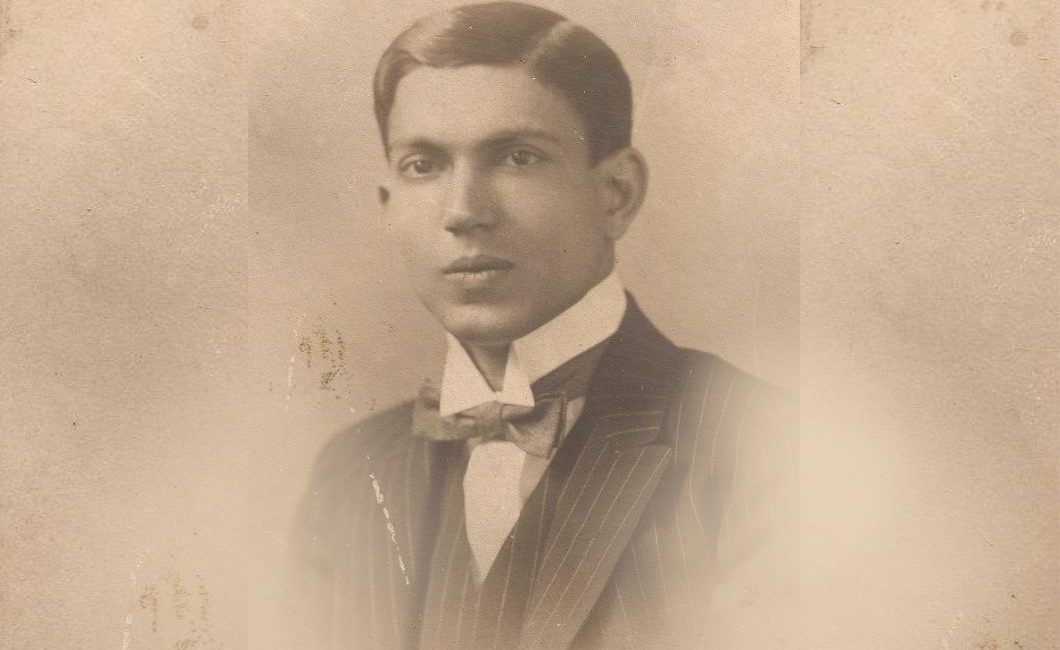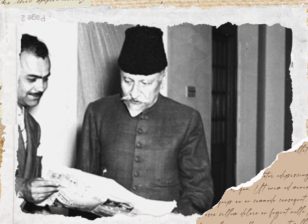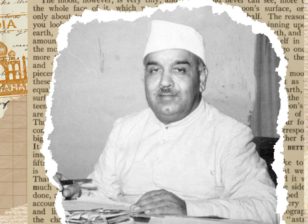Asaf Ali: The Fearless Advocate of Freedom and Justice
In the courtroom, in the prison cell, and on the diplomatic stage, Asaf Ali stood as a relentless voice of India’s conscience. At a time when fear silenced many, he spoke truth to power, not just through fiery speeches, but through bold action. Whether it was defending freedom fighter Bhagat Singh in a packed colonial courtroom or standing shoulder-to-shoulder with Indian National Army (INA) soldiers branded as traitors, Asaf Ali consistently chose the path of resistance over comfort, and justice over compromise.
A brilliant lawyer, committed nationalist, and one of the few leaders who walked seamlessly between revolution and reform, Asaf Ali’s legacy spans from Delhi’s courtrooms to the halls of international diplomacy and remains a vital chapter in the untold story of India’s struggle for freedom.
Here’s a closer look at the life and impact of Asaf Ali, a fearless lawyer, devoted patriot, and one of the most principled statesmen of India’s freedom movement.
The Man Who Stood with Bhagat Singh
On 8 April 1929, when freedom fighters Bhagat Singh and Batukeshwar Dutt shook colonial India by throwing bombs in the Central Legislative Assembly, they were immediately arrested and faced the wrath of British law. With fear and pressure looming large, no Indian lawyer dared to defend them— except Asaf Ali. He stepped forward to defend the revolutionary duo, marking a bold and historic moment in India’s legal and political history.
Voice for the INA
In November 1945, when officers of the Indian National Army (INA) were charged with treason, Asaf Ali was appointed convener of the INA Defence Committee. He took the lead in organizing the legal defence of INA heroes, including Shah Nawaz Khan, Gurbaksh Singh Dhillon, and Prem Kumar Sehgal, earning him the admiration of millions.
A Lifelong Congressman
Asaf Ali’s association with the Indian National Congress spanned over four decades. He emerged as a key leader of the Congress in Delhi, often operating under difficult political conditions. He was the first in the capital to court arrest during Mahatma Gandhi’s individual Satyagraha in 1940, launched in protest against India’s forced involvement in the British war effort.
A Life of Sacrifice and Prison Terms
Asaf Ali was imprisoned multiple times during the freedom struggle. His final and most significant incarceration came after the Quit India Movement in August 1942, where he was jailed alongside Jawaharlal Nehru and other senior Congress leaders at Ahmednagar Fort.
Statesman in the Interim Government
On 2 September 1946, Asaf Ali was appointed Minister in charge of Railways and Transport in the Interim Government led by Jawaharlal Nehru. His administrative role came at a crucial moment, just before India’s independence, and demonstrated his ability to lead with both vision and competence.
India’s Diplomatic Trailblazer
Asaf Ali became India’s first Ambassador to the United States from February to April 1947. He later served as Governor of Orissa (1948–1952) and as India’s diplomatic envoy to Switzerland, Austria, and the Vatican City. His statesmanship helped lay the foundations of India’s early foreign policy.
Peace-Maker in a Divided Nation
During the dark days of communal riots, Asaf Ali did not stand on the sidelines. He actively worked as a mediator and peace-maker, putting himself at personal risk to restore calm and promote harmony among divided communities.
Literary Touch and Lasting Legacy
Beyond law and politics, Asaf Ali had a deep literary side. He translated several poems of Rabindranath Tagore into Urdu, bridging cultural and linguistic divides through literature. Asaf Ali passed away suddenly from a heart attack in Switzerland on the night of 2 April 1953 while serving as a diplomat. He left behind a legacy of courage, principle, and unwavering service to the Indian nation.




